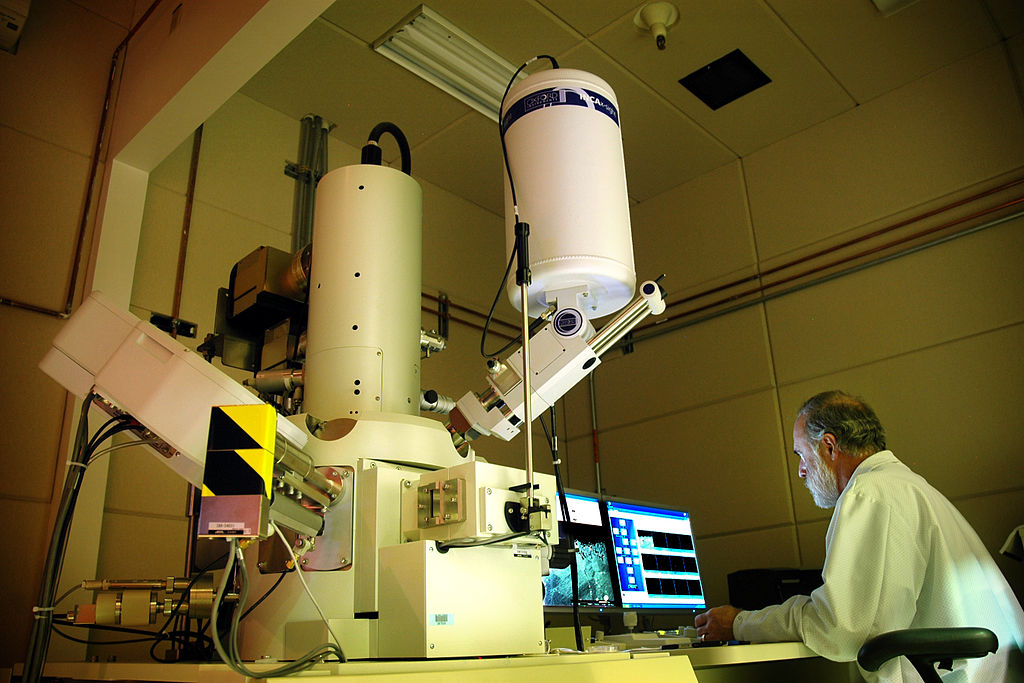What is a Longitudinal Study?
A longitudinal study is a research design that continues for an extended period of time and uses the same sample at each phase. The purpose of these studies is to analyze evolving features or characteristics in a population, and they are commonly employed in social sciences. Longitudinal studies allow researchers to study a single sample over the years or months and draw conclusions based on the data collected.
What is a Cross-Sectional Study?
A cross-sectional study is a research design in which a specific context, group of people, or social phenomenon is analyzed through a sample. This type of study is widely used by researchers as it enables them to understand and analyze a particular setting. Cross-sectional studies provide a snapshot of the present condition of the subject being studied, but they do not involve multiple phases or repeated examinations of the sample.
Key Takeaways
- The main difference between longitudinal and cross-sectional studies lies in the duration and nature of the research; longitudinal studies continue for an extended period and involve multiple examinations of the same sample, while cross-sectional studies are completed only once and provide a snapshot of the subject being studied.
- Longitudinal studies offer insight into the evolution of the research topic, whereas cross-sectional studies present a cross-sectional analysis.
- In longitudinal studies, the same sample is studied on numerous occasions to detect differences or changes, whereas in cross-sectional studies, the sample is studied just once.
